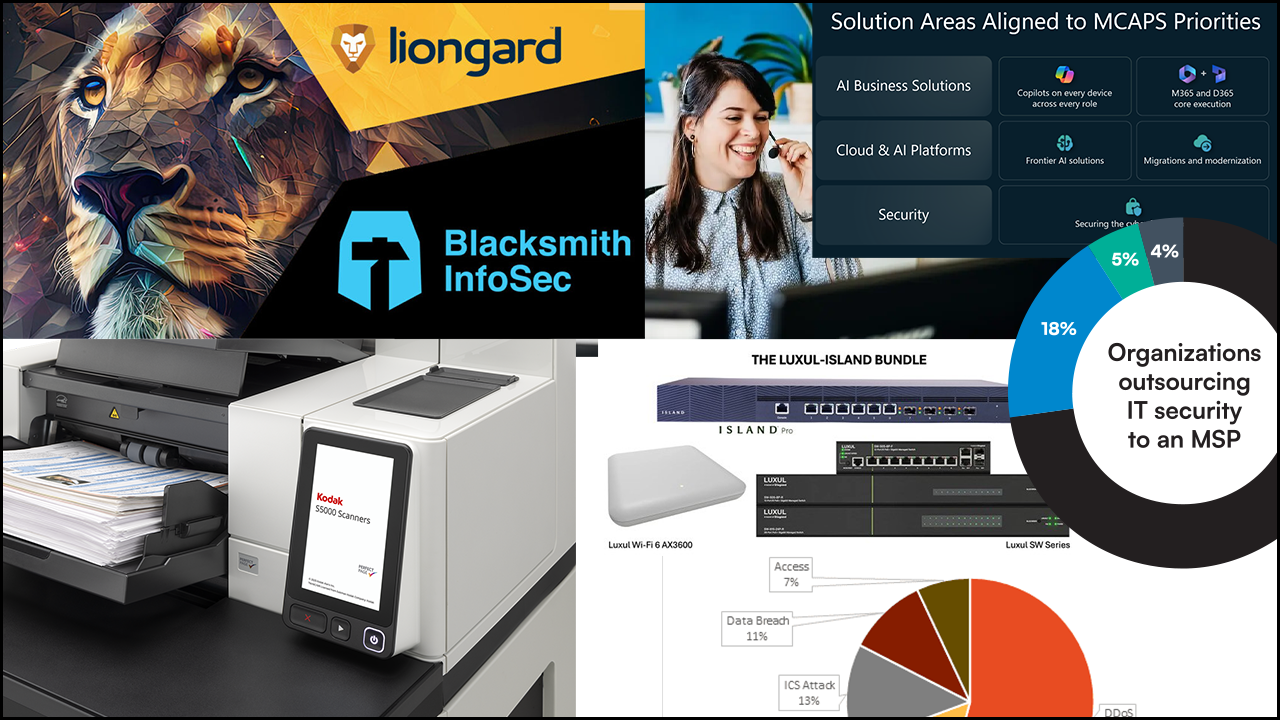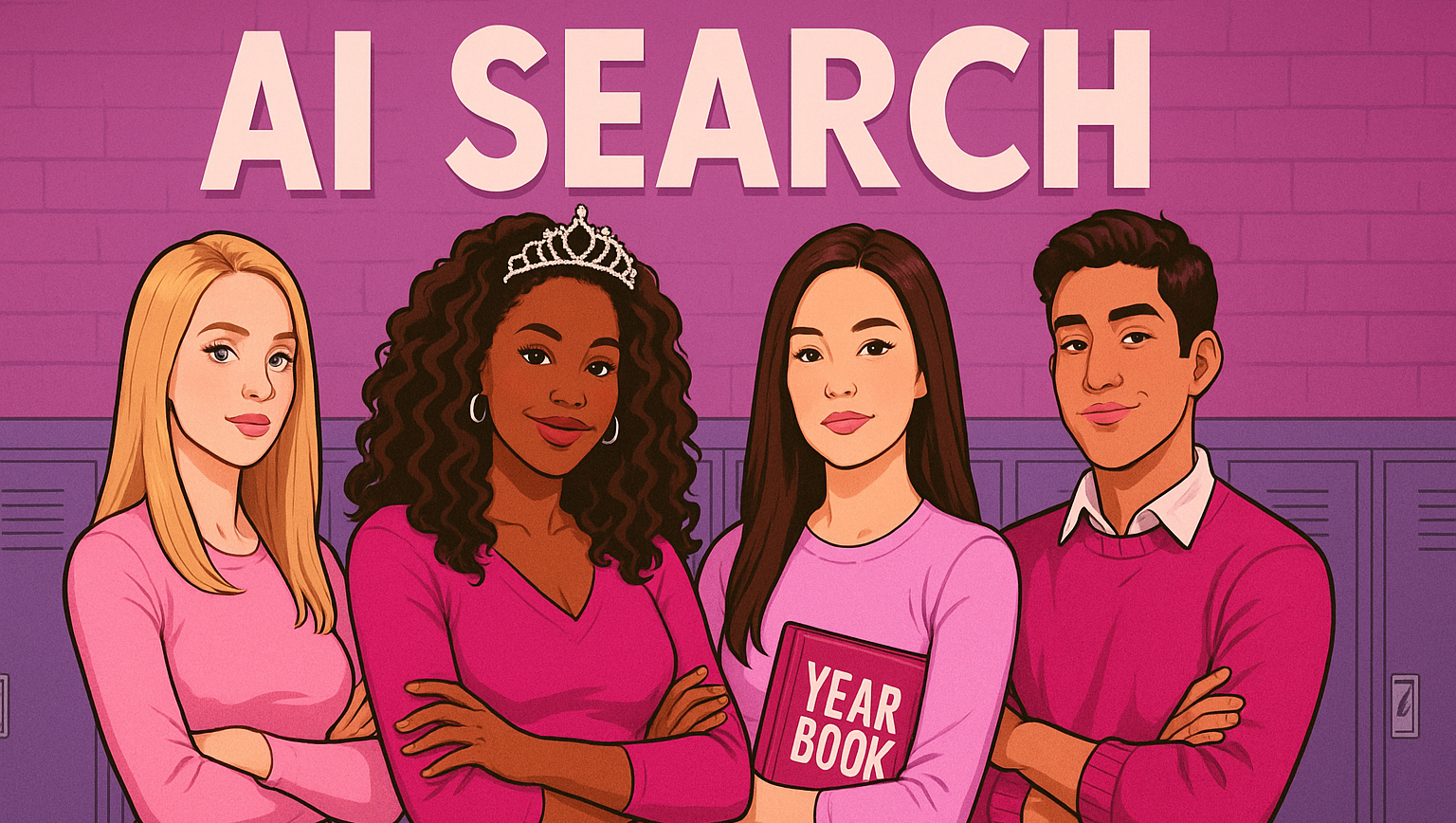In partnership with Oxford Economics, Cognizant (NASDAQ: CTSH) today revealed findings from its new economic impact study New Work, New World, which predicted that 90% of jobs will be disrupted in some way by generative AI (gen AI), setting the stage for a profound shift in how we approach work, productivity and economic growth. The study also found that the technology’s impact will be influenced by the rate of business adoption and how quickly individuals can adapt to new ways of working.
“Our study aims to lift the curtain on the effects generative AI may have on our global workforce,” said Adrian Cooper, CEO at Oxford Economics. “The research findings showcase just how quickly this technology might disrupt the trajectory of the U.S. economy, offering invaluable insights for leaders to harness its potential and adapt swiftly.”
Generative AI offers the potential to improve operational efficiency, create new revenue streams, innovate products and services, and ultimately redefine businesses. To quantify generative AI’s potential impact on productivity and the future of work, Cognizant partnered with Oxford Economics to create an economic model that explores three scenarios of U.S. businesses’ generative AI adoption. This model considered 18,000 tasks that drive the U.S. economy, and carefully examines the impact Generative AI may have on the jobs that ladder up to these tasks. While focused on the U.S. workforce, the general themes that emerged from the findings can be applied globally. The research unveiled key insights, including:
- AI adoption will skyrocket over the next decade before settling into maturity: Businesses are in the experimental phase of adoption for AI capabilities. However, the findings reveal that adoption could leap from 13% to 31% in just four to eight years. After the 15-year mark, the findings predict that adoption may slow but will continue to grow for at least 15 more years.
- Economic advancement could soar: Generative AI technology could boost U.S. productivity by 1.7-3.5% and grow the U.S. GDP between $477 billion and $1 trillion in annual value over the next 10 years, based on business adoption rates.
- Simultaneously, the job market could be disrupted: Half of all jobs (52%) are predicted to significantly change as generative AI is integrated to automate job tasks. As a result, approximately 9% of the current U.S. workforce may be displaced, with 1% potentially struggling to find new employment based on historical economic shifts.
- Jobs with higher levels of knowledge work may be most affected: In the past, technology advances and automation have impacted mainly manual labor and process-centric knowledge work. Generative AI is poised to do the opposite, having a higher disruption on knowledge work. Additionally, jobs involving credit analysis, computer programming, web development, database administration, and graphic design already have a theoretical maximum exposure score of about 50%. By 2032, as technology advances, some jobs’ exposure scores may climb to 80%.
- Even CEOs will feel an impact: The data found that C-Suite executives – even CEOs – could see a theoretical maximum exposure score (the degree to which a job’s tasks are prone to being automated by generative AI) of more than 25%, as they begin using gen AI for everything from competitive assessments to strategic decision-making.
“Generative AI has already astonished us with its capabilities across industries, but the true impact of its integration in our daily business operations has just scratched the surface,” said Ravi Kumar S, Chief Executive Officer, Cognizant. “To apply the technology’s potential to amplify our productivity, we must understand its full influence on the future of work and come together to create the best opportunities for people to grow alongside it.”
Reskilling The Workforce as AI Advances
While the timeline of this research spans more than a decade, Cognizant believes that leaders across all sectors of society should work together today to establish a new trust compact that will enable businesses, workers, and economies to thrive in the age of generative AI. As this technology becomes commonplace in the workforce, new employee skills will be in demand to support areas including business strategy and AI management. Reskilling programs, once seen as a tactical add-on to an employee’s career path, will become an essential part of the workday, with time allocated for training and education.
In line with this vision, Cognizant recently launched its Synapse initiative, designed to revolutionize and rebalance the landscape of tech education and workforce development by redefining opportunities for more than one million individuals worldwide. Drawing on Cognizant’s deep expertise and long history as a tech reskiller, the initiative aims to create a new, employable talent pool for the expanding digital economy by 2026.
To view the complete study and learn more, please visit https://www.cognizant.com/us/en/gen-ai-economic-model-oxford-economics.
Methodology: Cognizant New Work, New World Study
Oxford Economics was commissioned by Cognizant to assess and forecast the economic impact of Generative AI technology on the United States over the next 10 years.
The project was executed through five main phases of work that sequentially enabled the development of the assumed inputs for Oxford’s Global Economic Model (GEM). These inputs were designed to reflect how we anticipate the implementation of generative AI technologies by businesses in the United States over the forecast horizon could influence structural drivers of economic activity, notably total factor productivity (TFP) growth. To reflect the uncertainty inherent in such a process three scenarios were run to develop a range of outcomes.











